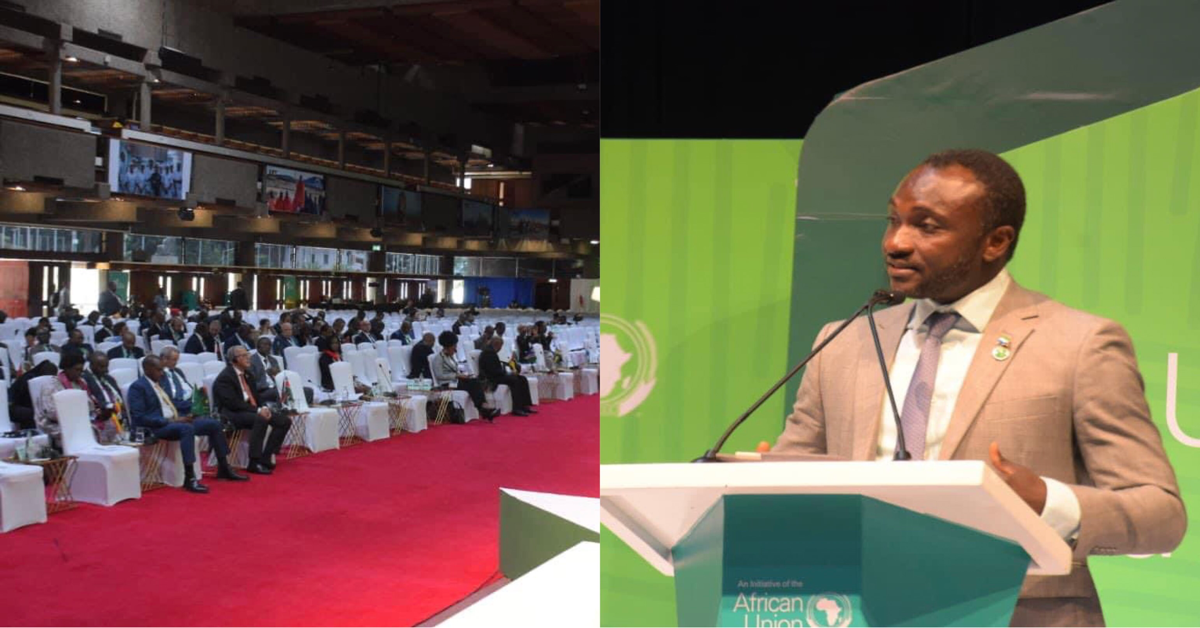The Minister of Agriculture and Food Security, Dr. Henry Musa Kpaka, attended a three-day discussion in Nairobi on the deterioration of soil quality in African farmland. The summit focused on examining successful prototypes for supporting the fertilizer value chain tailored to specific soil and crop needs in Africa, known as the Africa Fertilizer and Soil Health Summit.
The Objective of the Summit is to bring together all relevant stakeholders to highlight the crucial role of fertilizer and soil health in stimulating sustainable pro-poor productivity growth in African agriculture and to agree on an African Fertilizer and Soil Health Action Plan, as well as the Soils Initiative for Africa.
It is expected that a 10-year Action Plan, to be endorsed, which will deliver concrete recommendations for steps to be taken by African leaders and stakeholders over the next 10 years. The Action Plan will provide a focus for new policies and investments that will enable farmers to work toward re-building soil health and ultimately increase yield responses and profitability of fertilizers. It is also expected that the Action Plan will be endorsed by leading private and public sector partners across all African countries
The Minister highlights the importance of understanding nutrient deficiencies in soil fertility management and mentions that Sierra Leone has conducted a national soil mapping to assist in proper fertilizer use and soil health practices.
Dr. Kpaka has expressed support for the Nairobi Declaration on Africa Fertiliser and Soil Health, emphasizing the importance of understanding nutrient deficiencies in soil fertility management.
Dr. Kpaka elaborated on Sierra Leone’s actions in handling soil health, citing the country’s national soil mapping initiative. This initiative he said is aimed to assist farmers in making knowledgeable decisions considering proper fertilizer use and soil health practices.
The summit is administered as a forum for stakeholders to examine and trade ideas on how to enhance soil quality in African farmland, ensuring endurable agricultural methods for the future.



 Post a comment
Post a comment









Comment(s)
Disclaimer: Comments expressed here do not reflect the opinions of Sierraloaded or any employee thereof.
Be the first to comment